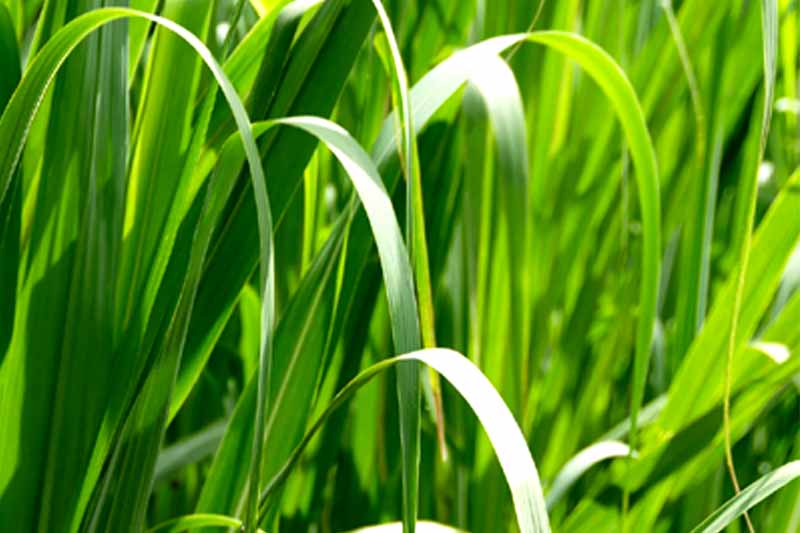Quick Facts
Botanical Name: Cymbopogon martinii (Sofia)
Family Name: Zingiberaceae
Common Name: Gingergrass
Part used: Grass
Specific Gravity: 0.9100 - 1. 0100 at 20 °C
Optical Rotation: (-) 50 to (+) 10'
Refractive Index: 1.4880 - 1.4940 at 20 °C
Blends well with: Cananga, Amyris, Guaiacwood
Uses: Ginger grass essential oil is amazing when used internally and externally on the skin.
This oil is widely used in the perfume industry especially men's cologne.
Countries where it's found
The plant is grown in India, China, and France. The plant is also found to grow in Madagascar, Brazil, and few Asian regions.
Harvesting Information
Ginger grass plant is best harvested after 10 months of plantation. It is a perennial plant growing up to 9 feet.
History of the Plant
The plant has been used since the 18th century in India. It is an herbaceous plant with long, elongated and slender stems each with a terminal flowering top. Ancient aroma therapists used the oil to reduce stress and to improve blood circulation. Indian soap makers have used this oil for decades.

Extraction Process
The oil is extracted from the leaves of the ginger grass plant by steam distillation. The oil is amber yellow in color with fresh, citrus odor.
Commonly known Benefits
Heath benefits
The oil improves circulation and blood flow and opens sinus passages.
Ginger grass oil provides relief from headache, tension, and anxiety.
It helps to fight fatigue and revitalizes the mind and body. It also relieves stress and strengthens the mood.
The essential oil of Ginger grass improves blood circulation thereby providing relief from muscle aches, rheumatism, spasm, and arthritis.
The oil effectively treats cold, flu, cough, throat allergies, and sinusitis.
In addition, the oil is highly efficient against inflammations, swollen muscles, sore muscles, and joint pains.
Being related to Palmarosa oil, ginger grass oil is a good choice in skin care. It reduces wrinkles, acne, scars, and helps in dermatitis.
The oil is strongly anti-fungal and aids in treating fungal infections.
Its carminative properties support in treating mood fluctuations and mind relaxation.
The oil takes good care of viral infections, intestinal infections, urethritis, and allergies.
Problematic breathing and blocked nasal passages are treated with ginger grass essential oil.
Ginger grass essential oil can be used as a compress, applied onto the skin, inhaled directly, placed in a diffuser, added to bath, massages, and with vapor therapy.
The oil possesses anti-inflammatory, analgesic, antidepressant, and tonic, bactericidal, antiseptic, antiviral, and expectorant properties
Other benefits:
The oil is used in perfumery compounds especially to inject a sharp scent in men's colognes.
From a spiritual perspective, the oil is recognized as a mood up lifter, euphoric, and aphrodisiac.
The oil is used in soap and cosmetics industries because of its wonderful aroma.
The oil offers emotional protection and provides focus and concentration to the mind.
The oil's emotional uses include lifting oppressed, overworked, tired, and stressed mind.
The oil is used in aroma lamp, bath, light bulb ring, and mist spray.
The oil has spicy earth notes that make it significant in certain herbal and Ayurvedic formulations. The oil is to be avoided during pregnancy.





